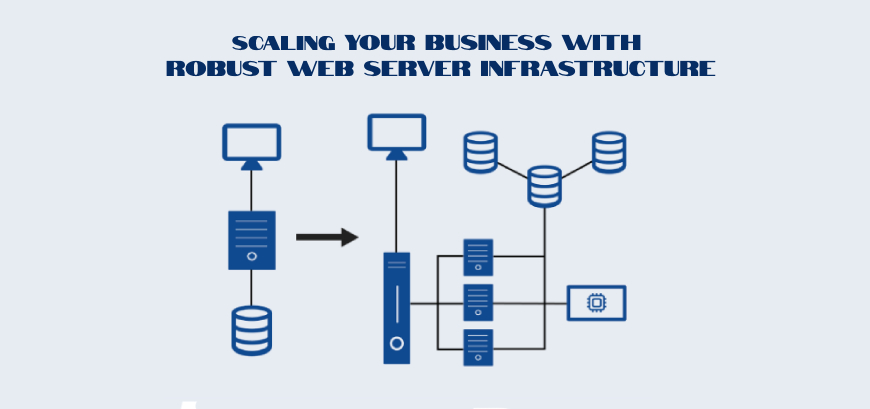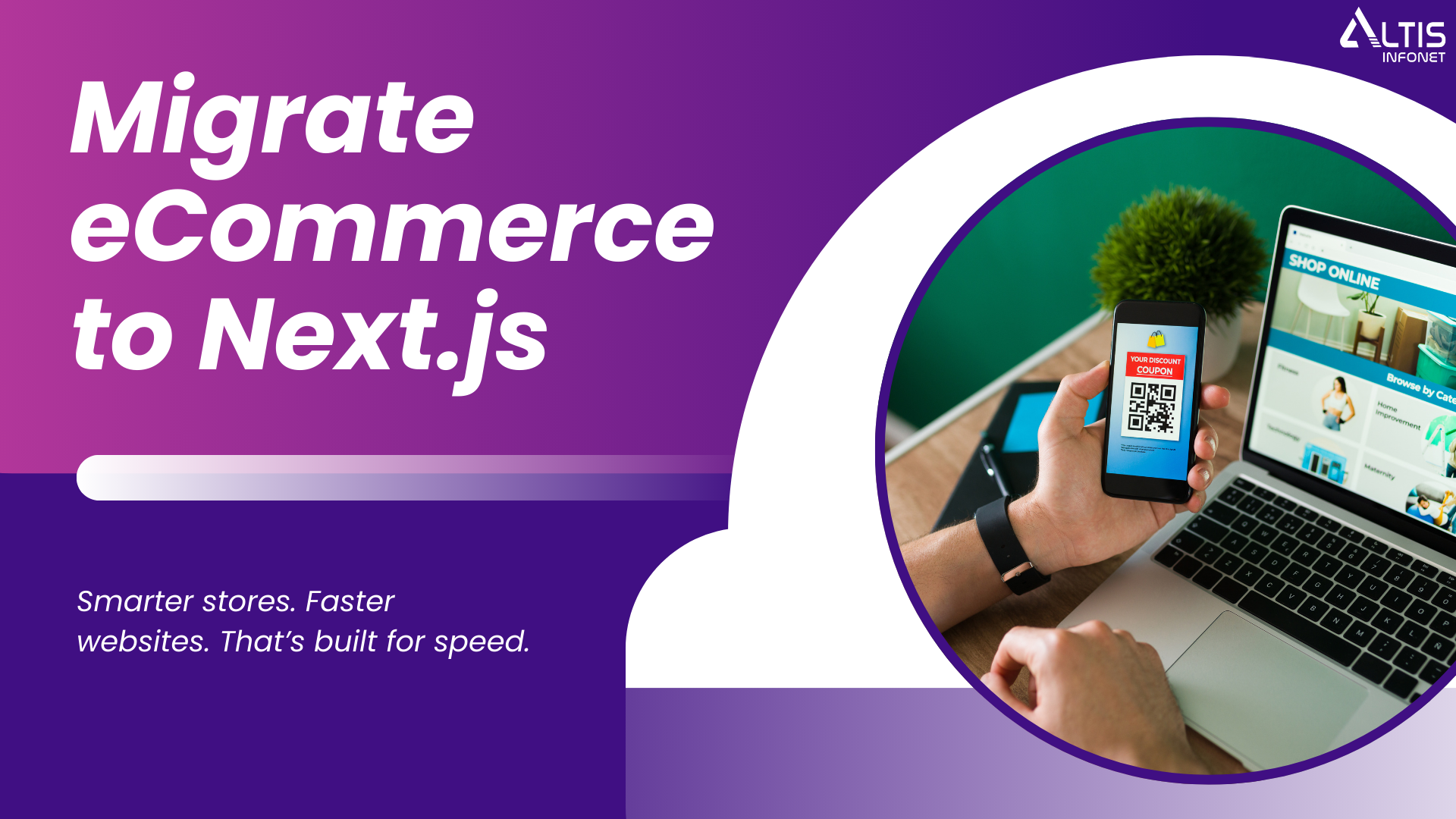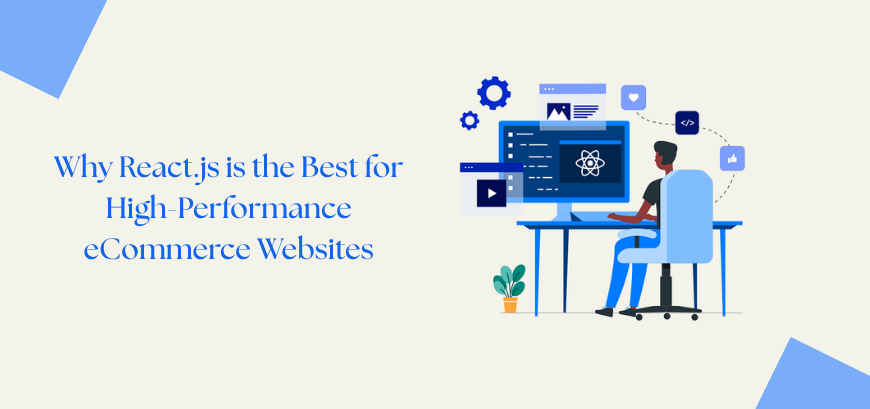Selecting the right web server is a pivotal decision that can significantly impact the performance, security, and reliability of your website. With a multitude of options available, making the right choice is crucial for ensuring your online presence runs smoothly. In this blog, we’ll delve into the factors to consider and the steps to take when choosing the perfect web server for your website.
Table of Contents
Understanding the Role of a Web Server
A web server is the software or hardware responsible for hosting your website and delivering its content to users’ browsers. It’s the bridge that connects your website to the World Wide Web. The choice of it can have far-reaching consequences, so it’s essential to understand its role and how it aligns with your website’s needs.
Factors to Consider
- Operating System Compatibility: Various operating systems are compatible with different server software. Consider the OS your website will run on and choose a web server that’s compatible.
- Performance Requirements: Assess your website’s performance needs, including the volume of traffic you expect. Some servers are optimized for speed and can handle high traffic loads, while others may be more suitable for smaller websites.
- Scalability: Think about your website’s growth potential. A web server that can scale with your business is crucial to avoid costly migrations in the future.
- Security Features: Security is paramount. Look for web servers with robust security features, such as firewalls and encryption, to protect your website and user data.
- Community and Support: Consider the size and activity of the web server’s user community. Active communities often mean better support, more resources, and frequent updates.
What are the benefits of a robust web server infrastructure?
There are many benefits to having a robust server infrastructure, including:
- Improved performance: It can deliver faster page load times and a better overall user experience. This is important for both your customers and your search engine rankings.
- Increased reliability: It can help prevent outages and downtime. This is important for protecting your reputation and ensuring that your customers can always access your website.
- Scalability: It can be easily scaled up or down to meet your changing needs. This is important for businesses that are experiencing rapid growth or seasonal fluctuations in traffic.
Popular Web Server Choices
Several web servers are popular in the industry, each with its own advantages:
- Apache: Known for its reliability and extensive features, Apache is a versatile choice for a wide range of websites.
- Nginx: Praised for its exceptional performance and efficiency, Nginx is ideal for high-traffic websites and complex web applications.
- LiteSpeed: A premium web server with a focus on speed and security, LiteSpeed is a strong choice for e-commerce and high-performance websites.
- Microsoft Internet Information Services (IIS): IIS is tailored for Windows environments and is preferred by businesses using Microsoft technologies.
- OpenLiteSpeed: An open-source version of LiteSpeed, OpenLiteSpeed is a cost-effective option for websites requiring speed and efficiency.
How to build a robust web server infrastructure
There are a few key things you need to consider when building this infrastructure:
- Choose the right hardware: Hardware needs to be powerful enough to handle your current traffic load and be able to scale up as your business grows. Consider investing in load balancers and other high-availability devices to ensure that your website is always up and running, even if one of your servers goes down.
- Use a cloud-based platform: Cloud-based platforms like AWS, Azure, and Google Cloud Platform offer a variety of scalable web hosting solutions. With cloud-based hosting, you can easily add or remove resources as needed to meet your changing traffic demands.
- Implement a scalable architecture: Your web application architecture should be designed to scale horizontally. This means that you can add more servers to your infrastructure to handle the increased load. Avoid using a monolithic architecture, which can be difficult to scale.
- Use a content delivery network (CDN): A CDN can help to improve the performance of your website by delivering your static content from servers that are located closer to your users. This can reduce latency and improve page loading times.
Making Your Decision
To choose the right server, follow these steps:
- Evaluate Your Website’s Needs: Determine your website’s requirements in terms of performance, scalability, and security.
- Research Your Options: Explore the features and benefits of different web servers to find the best fit.
- Consider Your Expertise: Assess your team’s familiarity with a particular web server. A server that aligns with your team’s skills can lead to better maintenance and troubleshooting.
- Plan for the Future: Look for a web server that can grow with your website and business.
- Seek Advice: If in doubt, consult with web hosting experts or a professional web hosting service to make an informed decision.
If you want to scale your business, it’s important to invest in a robust web server infrastructure. A well-designed of this infrastructure can handle increased traffic and load without sacrificing performance or reliability. This will help you to protect your reputation, grow your business, and achieve your goals.





